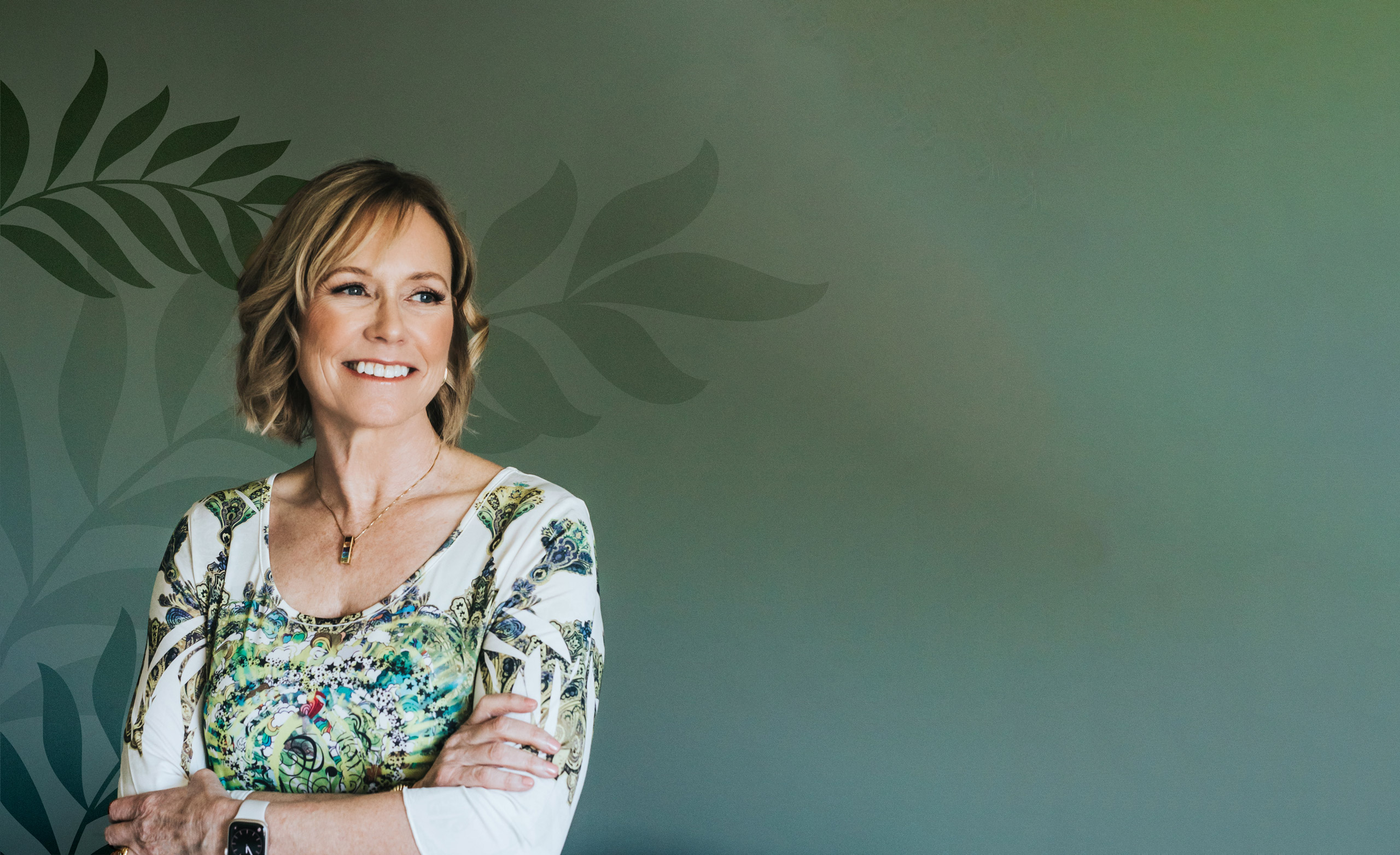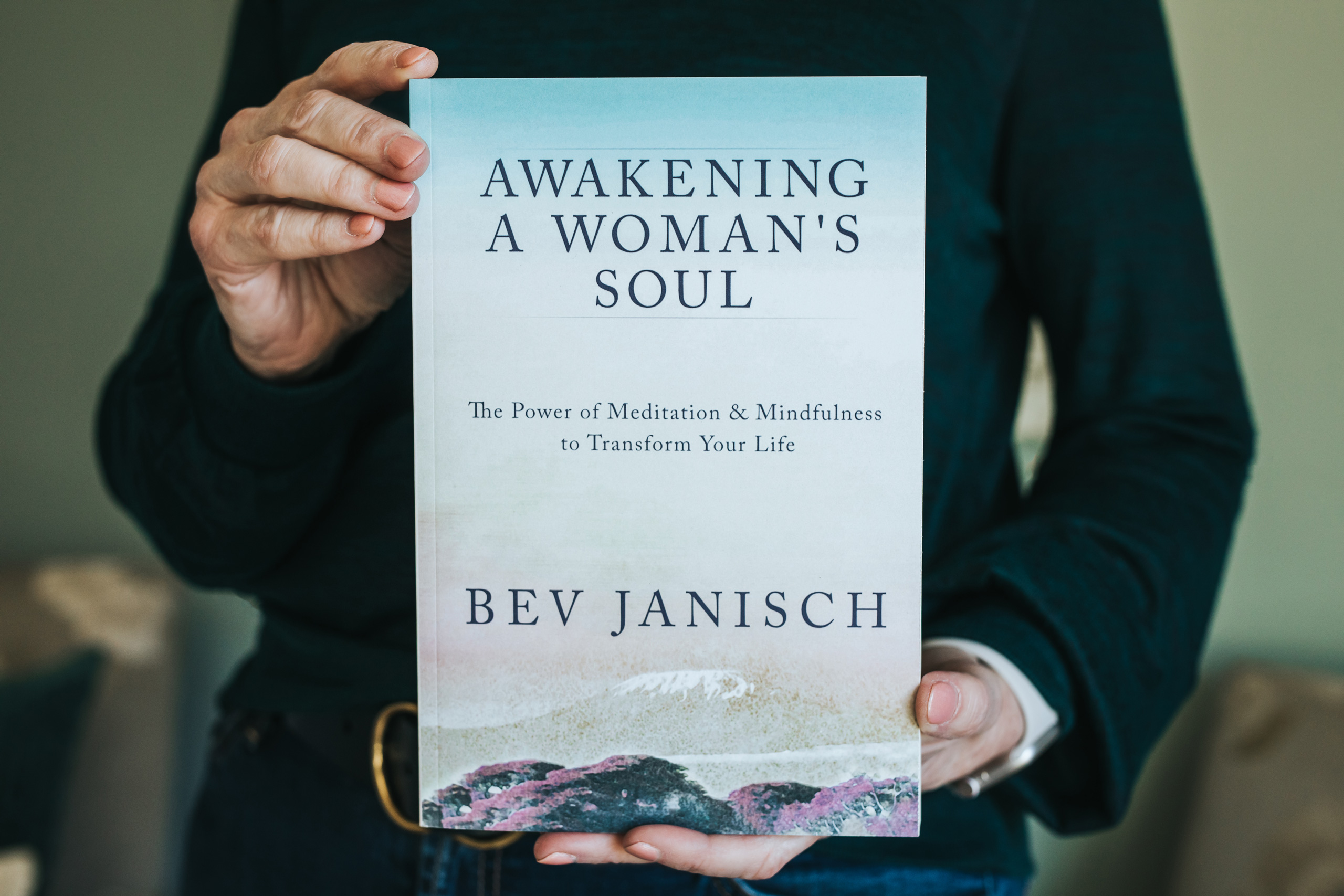Wisdom For Awakening Souls
to flourish as spiritual beings
living stressful human lives.

Wisdom for awakening souls to flourish as spiritual beings living stressful human lives.
Welcome, I’m Bev. I’m deeply grateful that the Universe brought us together!
Are you asking yourself: Who am I? What’s missing in my life? Why can’t I be happy when I have so much to be grateful for?
These powerful soul nudges are an invitation to a journey of self-discovery and growth.
Many awakening souls feel lost, confused and stuck without a map or clear way forward.
I get it because I’ve been there.
When we break free from the prison of our conditioned personality and awaken our true nature, living a vibrant, connected and meaningful life is possible!
It’s my deepest desire that my blog, book, and private coaching inspire you to discover your deeper self and live a life that feels good to your soul.
“And the day came when the risk to remain tight in a bud was more painful than the risk it took to blossom.” ~Anais Nin
Who is Bev Janisch?
Meditation Teacher, Integral Coach & Enneagram Guide
I am passionate about illuminating the path of awakening so that spiritual beings living stressful human lives can flourish. My work integrates:
- Meditation and mindfulness practices for holistic well-being.
- The Enneagram map of consciousness for self-discovery and growth.
- Wisdom teachings that explore our dual nature from a spiritual, not religious, perspective.
This embodied approach empowers people to develop a calm body, clear mind, compassionate heart and courageous soul.
I founded The Compassionate Mind as a passion project to offer a practical, holistic approach to meditation and mindfulness grounded in ancient wisdom and adapted for modern lives.






